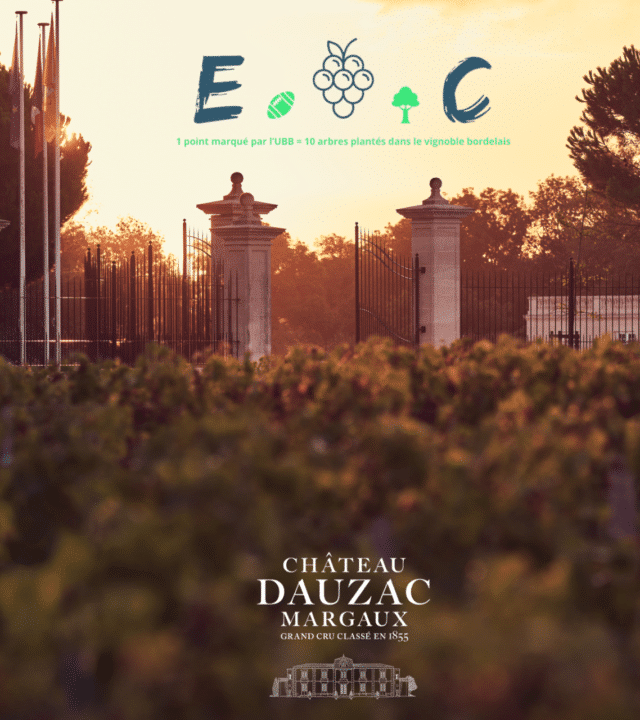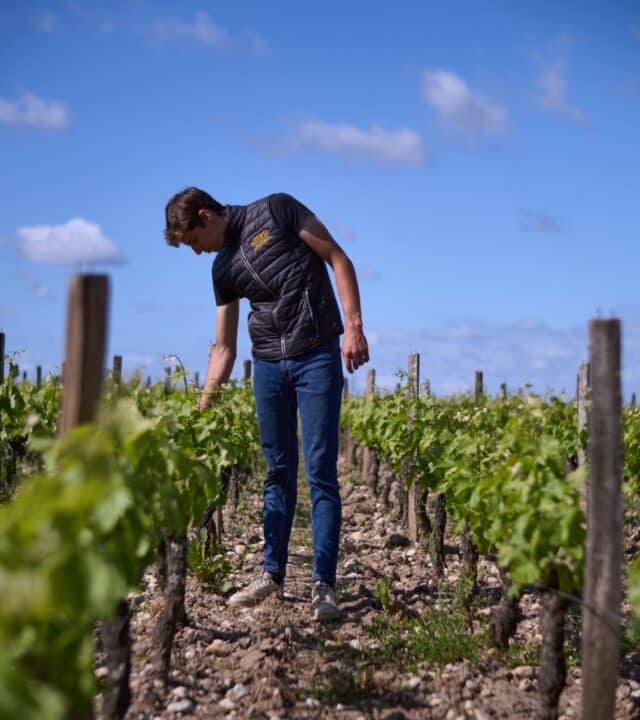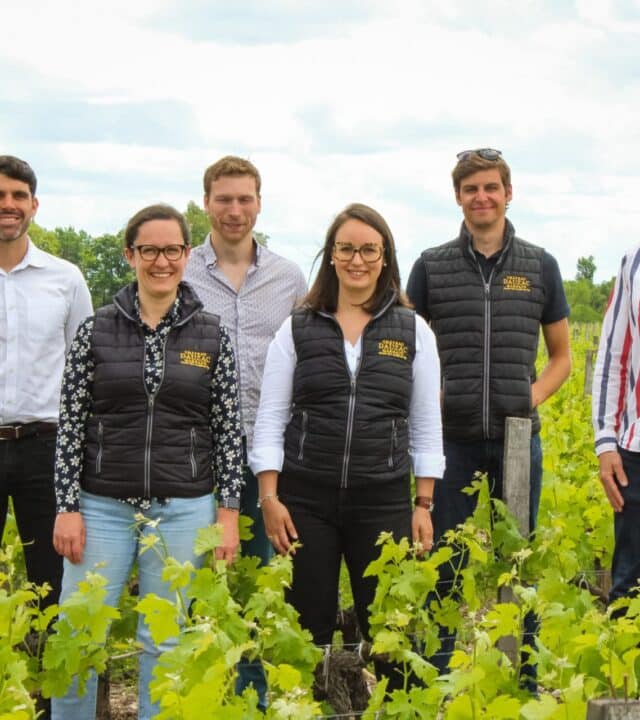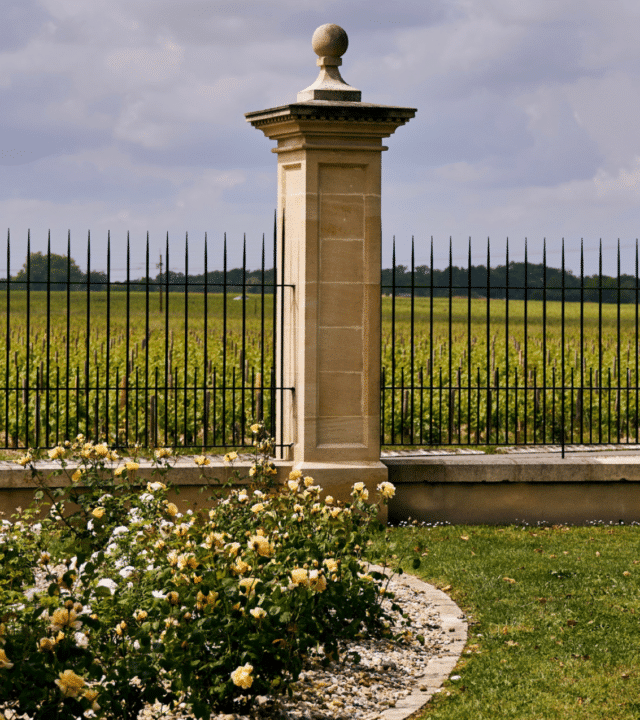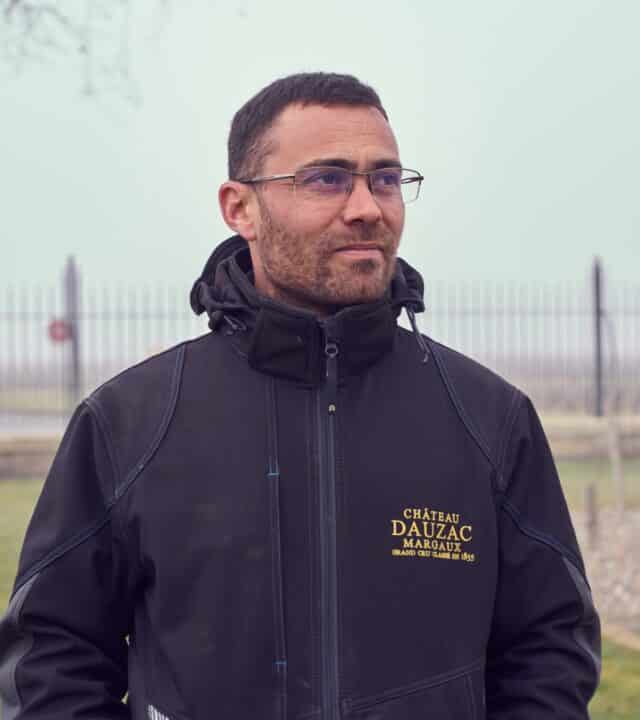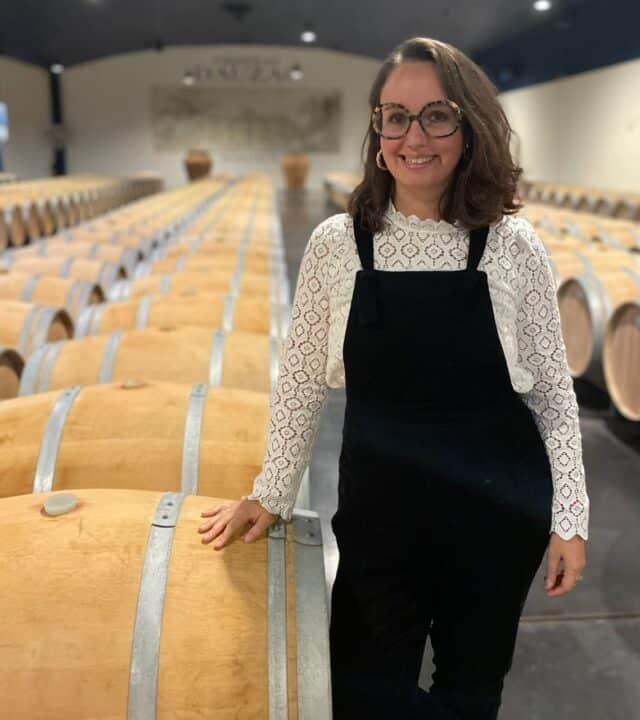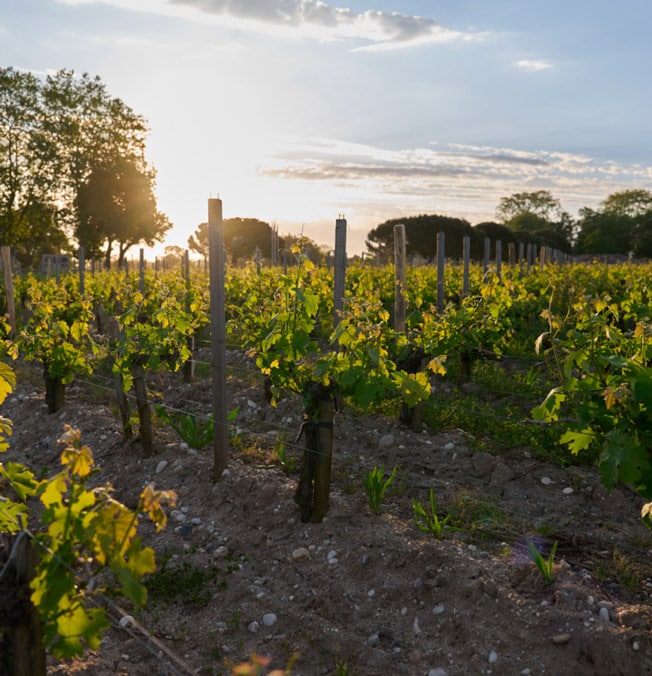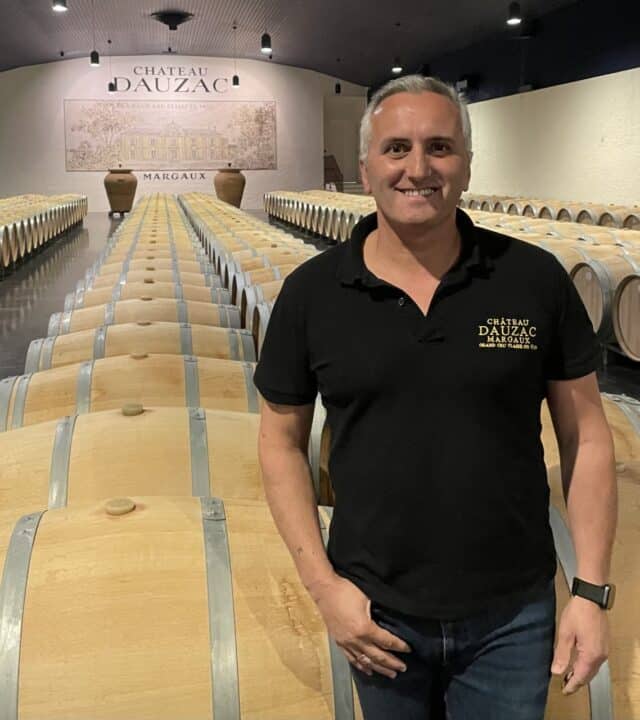L’instant Dauzac
Essai Vin Coeur: a project to develop agroforestery
The “Essai Vin Coeur” project was created with the aim of developing agroforestry in the Bordeaux vineyards in a fun and educational way. Agroforestry is the simple idea of associating trees with agriculture (animal or vegetable), with the aim of deriving numerous benefits from this union: Bringing trees and vines together Drawing water from deep […]
Read more
